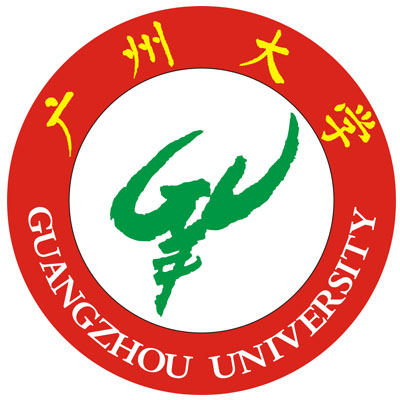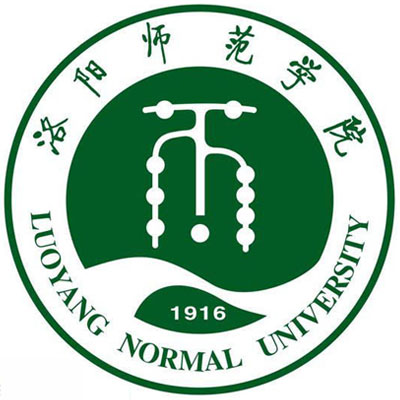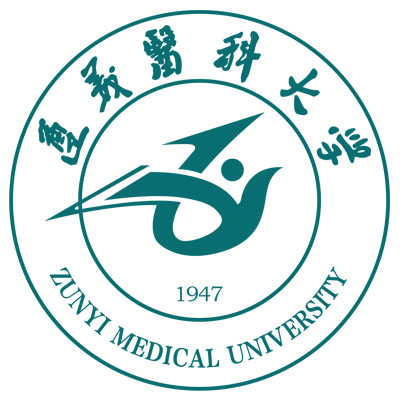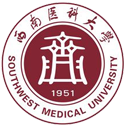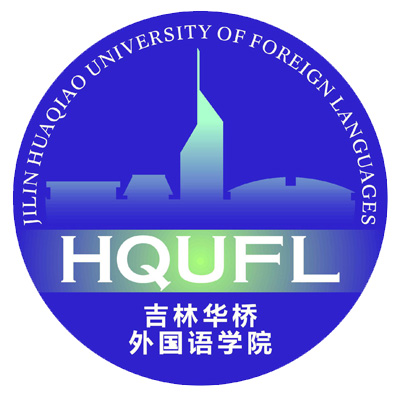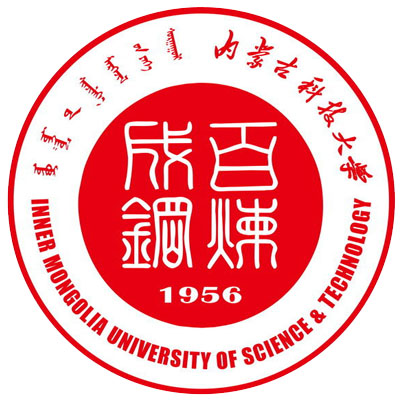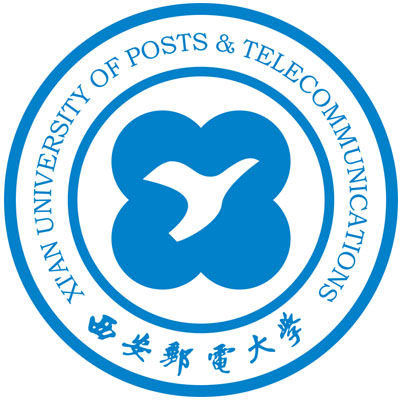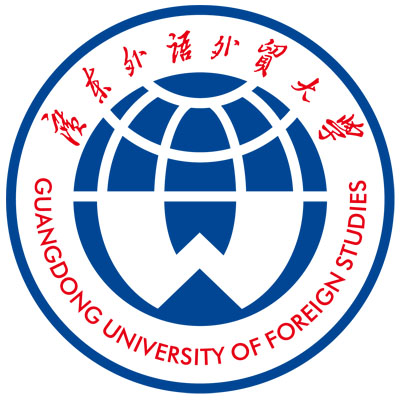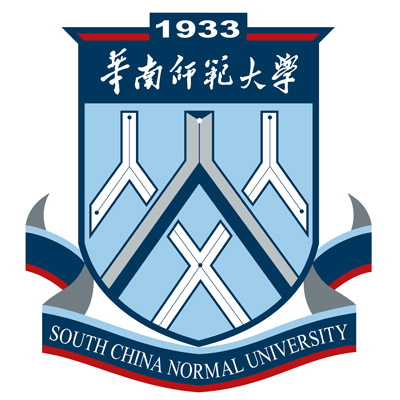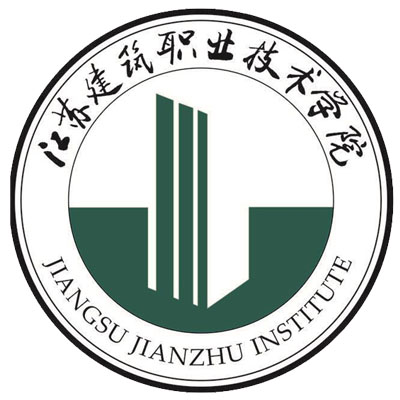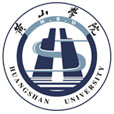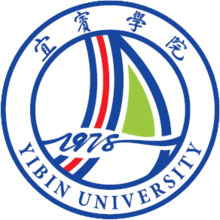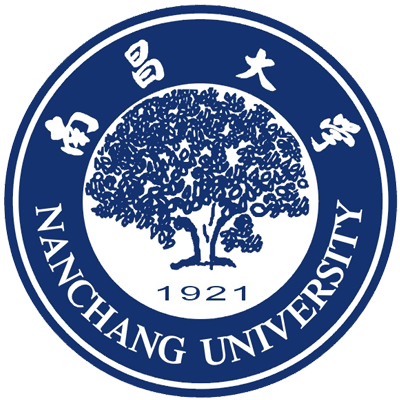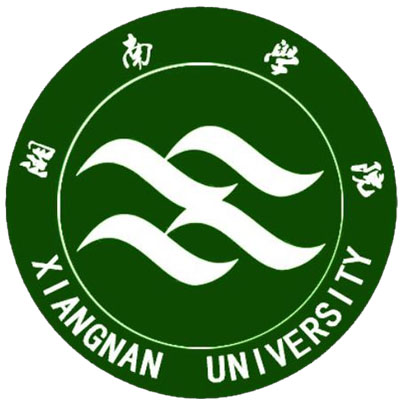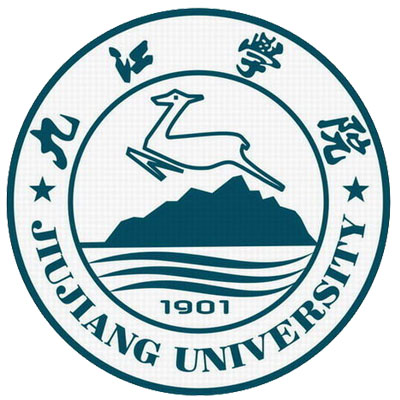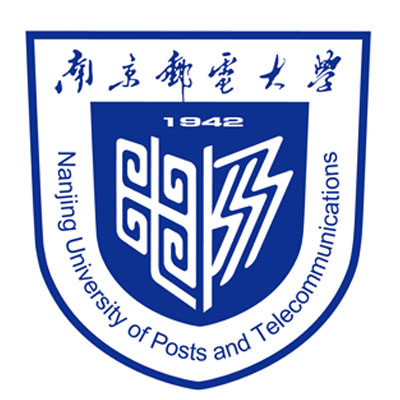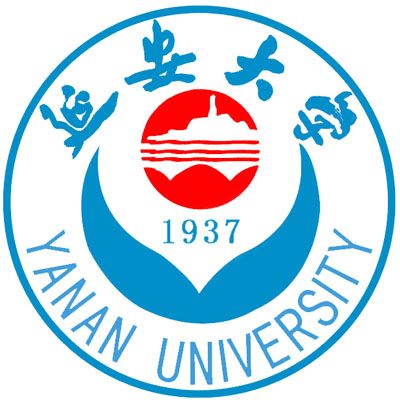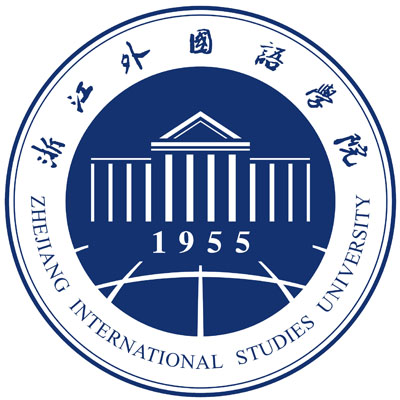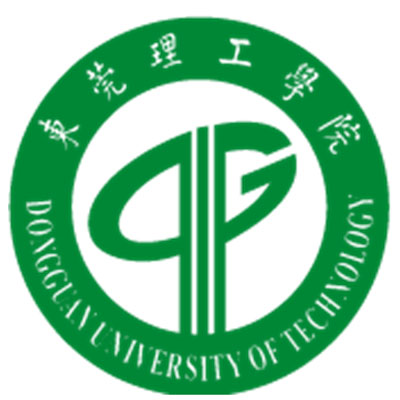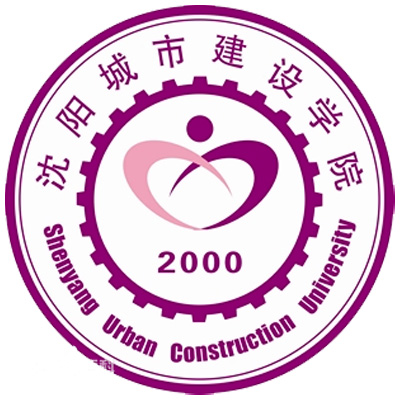Postdoctoral fellow
Two postdoctoral fellow positions are available in Dr. Min Dong’s lab at Harvard Medical School. Potential projects include:
(1) Mechanism of bacterial toxins and effectors: we are studying botulinum neurotoxins, tetanus neurotoxin, Shiga toxin, Clostridium difficile toxins, and many bacterial effectors using latest experimental approaches.
(2) Host-microbe interactions: enteric pathogens (e.g., C. difficile infections) and microbiome; urinary tract infections and urinary microbiome.
(3) Developing novel therapeutic toxins: apply modern protein engineering methods to develop novel therapeutic toxins for treating chronic pain and cancer. These positions will have many opportunities to work closely with our industry partners.
(4) Cell biology of neurons / electrophysiology: the candidate will apply imaging and electrophysiological approaches to characterize a few newly generated knock-out/knock-in mouse lines, focusing on (1) synaptic vesicle exocytosis/recycling; (2) cytoskeleton regulation by ROCO kinases; (3) endosomal sorting and trafficking in cells.
Our laboratory has a broad interest in microbial toxins, bacterial infections, and host-microbe interactions. We are also utilizing toxins as tools to study fundamental cell biology questions on membrane trafficking, Wnt signaling, and cytoskeleton remodeling. Along these lines of basic research, we are keen in developing microbial toxin-inspired novel protein therapeutics for treating cancer, pain, and other neurological disorders. We have a multi-disciplinary team crossing microbiology, protein engineering, cell biology, and neuroscience fields, and are funded by grants from NIH and industry. Recent achievements include identification of receptors for C. difficile toxin via genome-wide CRISPR-Cas9 screen (Nature, 2016, 538:350, Science, 2018, 360:664), identification of novel botulinum neurotoxins (Nature Communications, 2017, 8:14130; Cell Host and Microbe, 2018, 23:169), and protein engineering of botulinum neurotoxins (Nature Communications, 2017, 8:53). Please see lab website for details: http://donglab.hms.harvard.edu.
Interested candidates please forward your curriculum vitae and names of three references to Dr. Min Dong by email: donglab@childrens.harvard.edu
中国-博士人才网发布
声明提示:凡本网注明“来源:XXX”的文/图等稿件,本网转载出于传递更多信息及方便产业探讨之目的,并不意味着本站赞同其观点或证实其内容的真实性,文章内容仅供参考。

